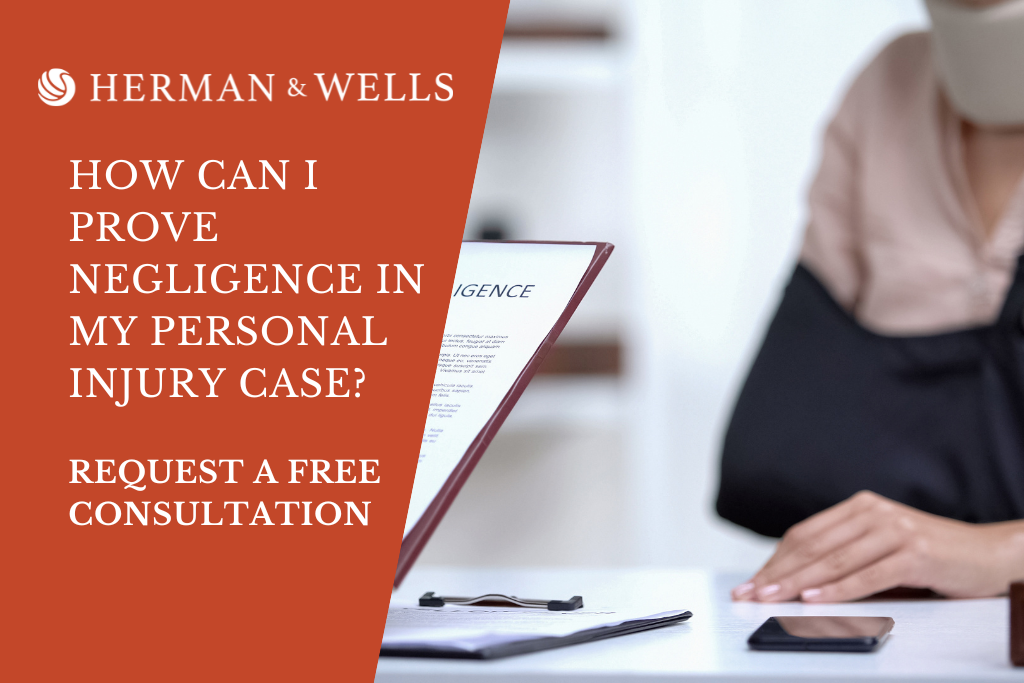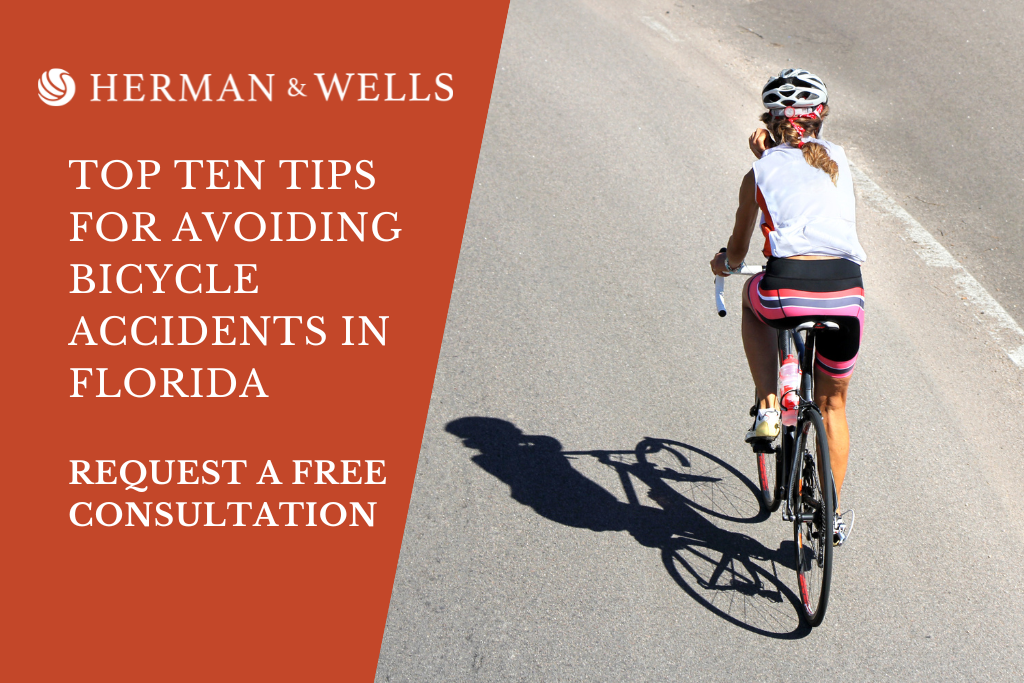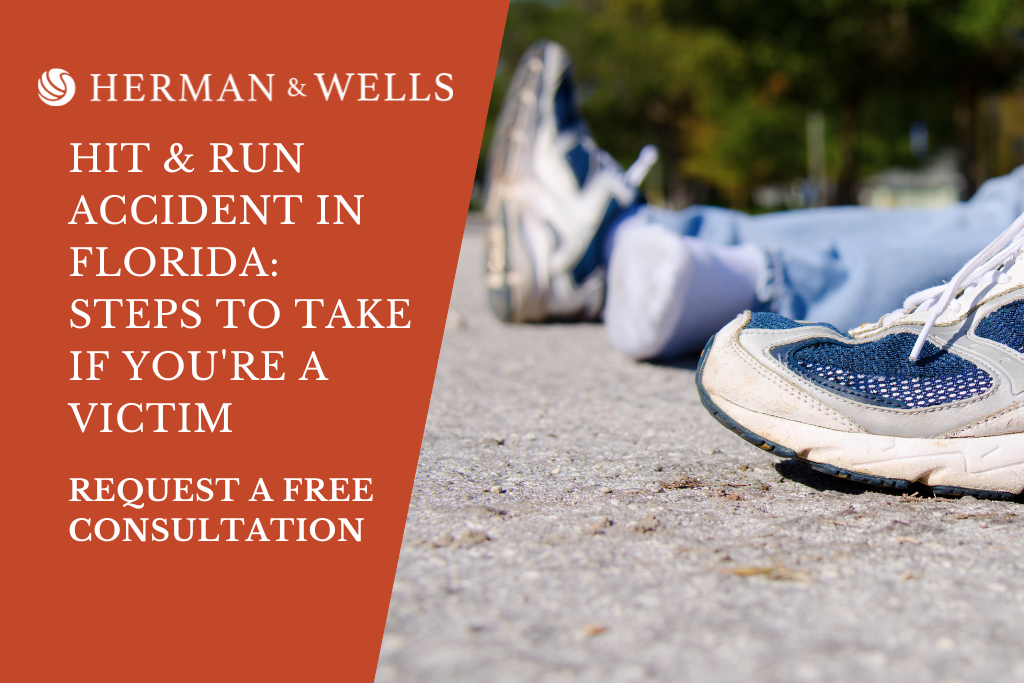Insurance should cover the full verdict regardless of policy limits (in Florida) and here’s why! Our personal injury attorneys often are faced with this question from the jury during trials in Pinellas: “How much insurance did the defendant have?”

The Cliff Notes: Key Takeaways From This Post
- 1Personal injury attorneys in Florida are prohibited from describing the defendants’ insurance carrier to the jury when presenting their cases.
- 2Insurance carriers have a duty to pay beyond the policy limits if their client’s verdict exceeds it due to negligence on their end.
- 3Individuals injured in accidents or who have lost a loved one due to negligence may be eligible for compensation and can speak with an experienced personal injury attorney for guidance.
Why personal injury attorneys can’t share certain details with the jury?
There is a rule that we can’t tell them. First of all, we aren’t allowed to sue the defendant’s insurance company; we have to sue the person who caused the accident under Florida’s nonjoinder statute §627.4136. The Florida Courts have taken that rule a step further by preventing us from talking about the defendant’s insurance carrier either.
Here is a quote:
“[T]he introduction of the subject of insurance in an action where insurance is not a proper issue constitutes prejudicial error. This is particularly true when the suggestion relates to whether an adverse judgment will be paid by the defendant or its insurer.”
See Carlton v. Johns, 194 So.2d 670 (Fla. 4th DCA 1967); Pierce v. Smith, 301 So.2d 805 (Fla. 2d DCA 1974), cert. denied, 315 So.2d 193 (Fla.1975).” Nicaise v. Gagnon, 597 So. 2d 305, 306 (Fla. 4th DCA 1992).
Florida courts have come to that decision because how much or how little money the defendant has is technically irrelevant as to who was at fault, or how much damage the injured person has incurred. If the jury knew how much insurance was available, they may alter the verdict.
This ruling bothers some people because juries are far more likely to artificially lower their verdict regardless of how much damage the plaintiff has just because they are afraid of saddling a defendant with a large verdict. Many people feel that the defendant who negligently caused the injury should be the one to shoulder that risk, rather than the person who was injured.
Why insurance carriers may pay more than the policy limits in these cases?
By the time one of our personal injury or wrongful death cases go to trial, the insurance carrier has had many opportunities to settle the case within their insured person’s policy limits, and get them a full release, but they have refused.
If we get a verdict that is more than the policy limits, a second lawsuit will be initiated to force the insurance carrier to pay the difference between the policy limits and the verdict. The fact that the verdict came exceeds the at-fault party’s policy limits is proof that the insurance carrier should have tendered their insurance policy limits and obtained a release for their client. The insurance carrier is the reason their insured owes the money, and so the carrier should pay, not their insured.
Understanding The Insurance Carrier’s Responsibility Under Florida Law
In handling the defense of personal injury claims, the insurer has a duty to use the same degree of care and diligence as a legally capable person should exercise in the management of their own business. This duty arises from the nature of the insurer’s role in handling the claim on the insured’s behalf; because the insured has surrendered to the insurer all control over the handling of the claim, including all decisions with regard to litigation and settlement, then the insurer must assume a duty to exercise such control and make such decisions in good faith and with due regard for the interests of the insured. Boston Old Colony, 386 So. 2d at 785 (Fla).
This is how and why an insurance carrier will pay for a full personal injury verdict against their insured, even if the verdict is more than that person’s insurance coverage is for.
Injured In Pinellas? Contact Our Experienced Personal Injury Lawyers
If you have been injured, or you have lost a loved one due to someone else’s negligence and you want to speak to a board certified personal injury attorney to see how much you may be able to recover for your injuries, call Herman & Wells. The call is free and we will not get paid in personal injury or wrongful death cases unless we recover for you.
Contact us at (727) 821-3195 for a free legal consultation.






